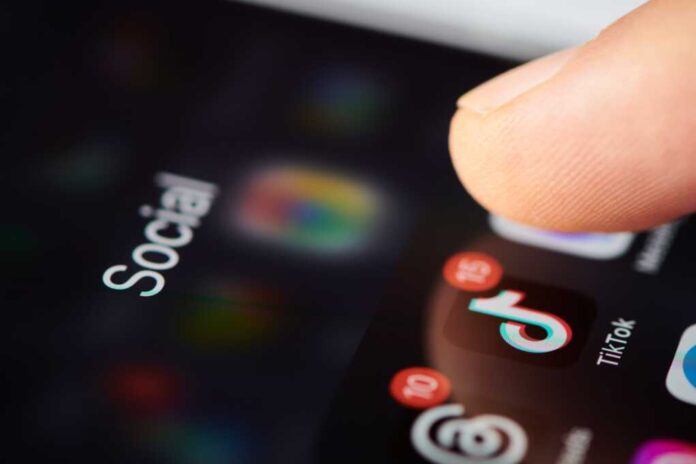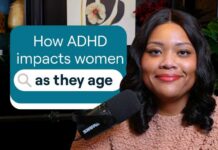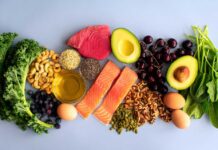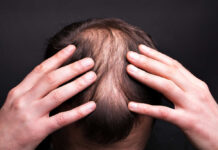
Millions of Americans are watching in disbelief as the latest TikTok beauty fad—using Sharpie permanent markers as lip liner—sweeps the internet, prompting alarmed warnings from health experts but no shortage of viral copycats.
At a Glance
- Sharpie markers, designed for paper and art, are being used as lip liner in a viral TikTok trend
- Dermatologists and poison control centers warn of chemical dangers, including skin irritation and possible toxic exposure
- The trend exposes the dangers of social media influence and the failure of the beauty industry to provide affordable, safe alternatives
- Experts unanimously urge Americans to avoid using non-cosmetic products on skin, especially on sensitive areas like the lips
Sharpie Lip Liner: A Viral Trend That Defies Logic and Health Warnings
It’s hard to keep a straight face when you hear that grown adults—and even more alarming, impressionable teenagers—are scribbling on their mouths with Sharpie permanent markers for the sake of a so-called “beauty hack.” Yet here we are, in 2025, watching this spectacle unfold on TikTok while medical professionals practically beg people to stop turning art supplies into cosmetics. The “Sharpie lip liner” trend began in early June, with influencers racking up millions of views as they boasted about the markers’ vibrant color and staying power. The videos are as absurd as they sound: people raving about how a permanent marker—yes, the same one you use to label moving boxes—doubles as a miracle lip product.
Instead of questioning why on earth anyone would risk their health for internet points, the trend exploded. Social media’s echo chamber did what it does best—amplified the nonsense—and before you could say “chemical burn,” copycats were popping up everywhere. The appeal? Cheapness, novelty, and the promise of long-lasting color. Never mind the fact that Sharpie’s own website makes it clear these markers are strictly for artistic use and never, under any circumstances, for the skin—let alone the lips.
Health Experts Sound the Alarm as Trend Gains Momentum
Medical professionals have responded with the kind of urgency typically reserved for actual emergencies—because that’s exactly what this is shaping up to be. Board-certified dermatologists, including Dr. Brooke Jeffy, have warned that the chemicals in Sharpie ink—xylene, toluene, urethane resin—are absolutely not meant for human consumption, absorption, or contact with sensitive skin. The Northern New England Poison Center has echoed these warnings, stressing that these compounds can cause irritation, dryness, allergic reactions, and potentially more serious health risks with repeated exposure.
Doctors have pointed out that while you might not drop dead from one swipe of Sharpie on your lips, the cumulative effect is a different story. The more you use these markers as makeup, the more likely you are to absorb chemicals your body simply shouldn’t have to process. For those not keeping score, that’s not just bad science—it’s bad common sense. Yet, in the world of viral trends, medical advice seems to take a backseat to the quest for likes and clicks.
What This Trend Says About Social Media, the Beauty Industry, and Common Sense
This isn’t just a story about a foolish beauty hack—it’s a scathing indictment of a culture that prizes internet fame over health, and of an industry that’s left too many consumers desperate for affordable, effective products. The fact that people are resorting to permanent markers for makeup speaks volumes about the failures of both social media platforms and the beauty business. Influencers chasing engagement hold outsized power, pushing questionable “hacks” to millions, while actual experts struggle to be heard above the noise.
The trend also exposes a deeper, more troubling issue: the erosion of common sense in the face of viral peer pressure. Instead of listening to dermatologists or even reading the warning label on a Sharpie, people are letting likes dictate their choices. Meanwhile, Sharpie’s parent company has had to reiterate the obvious—that their product is not lipstick—and poison control centers are bracing for an uptick in calls from those who ignored the warnings. If you needed another reminder of how social media can turn the most ridiculous ideas into nationwide phenomena, look no further.


















